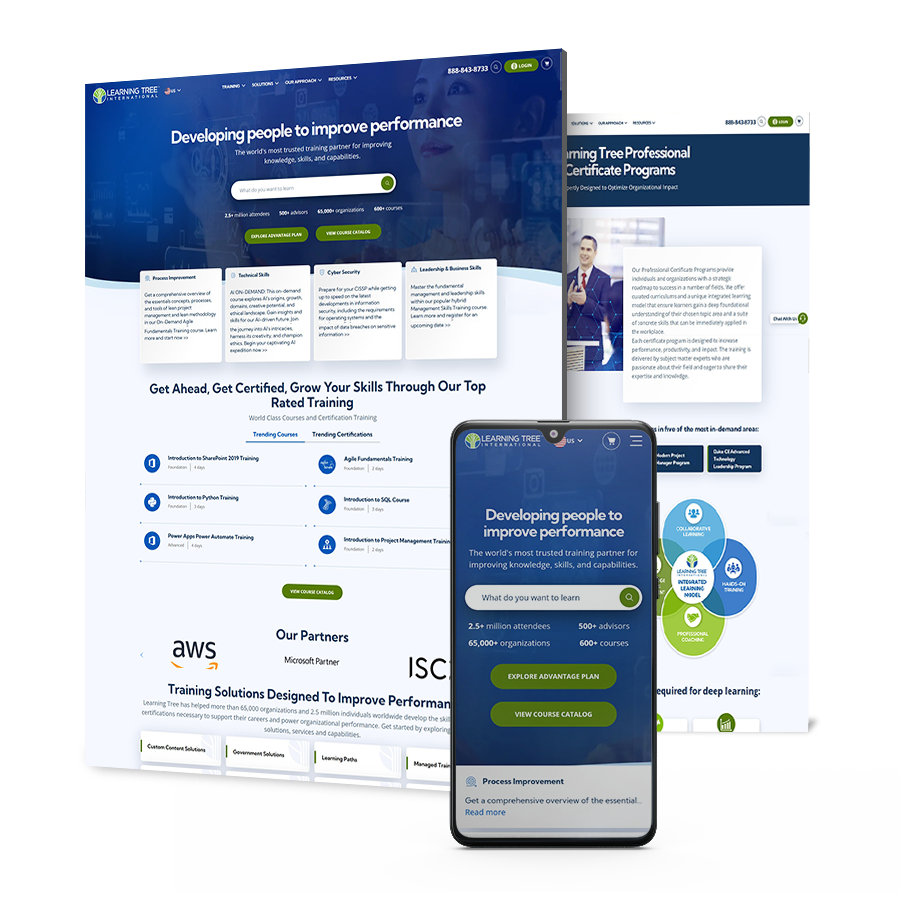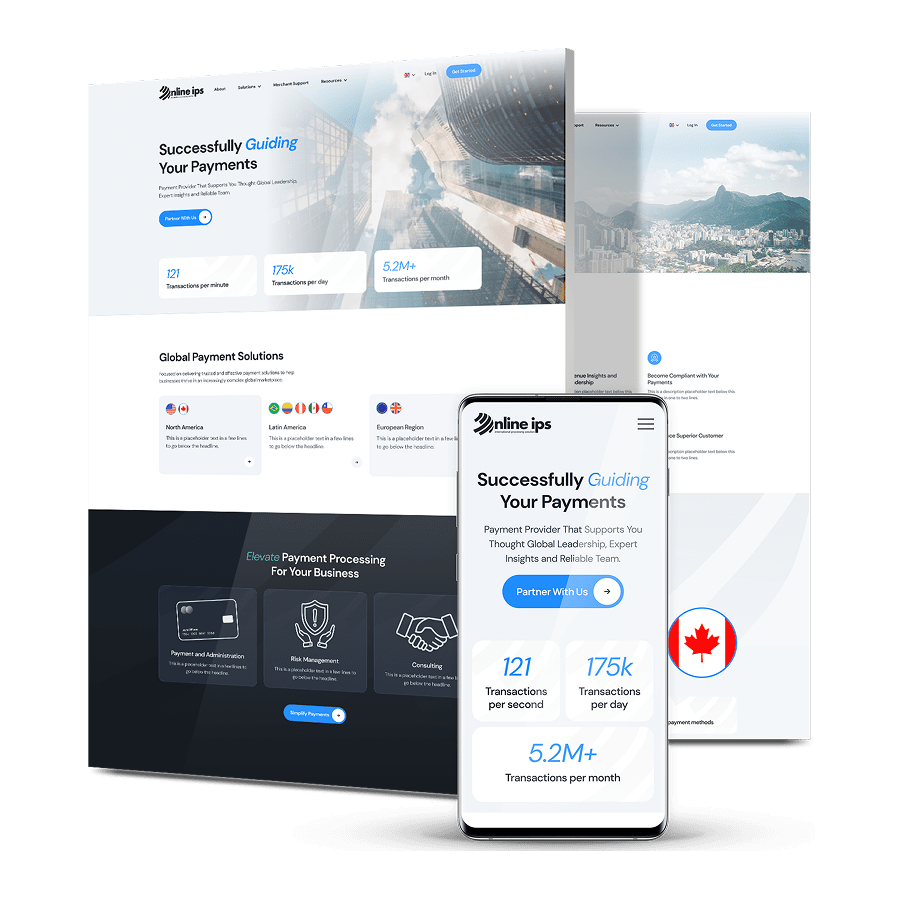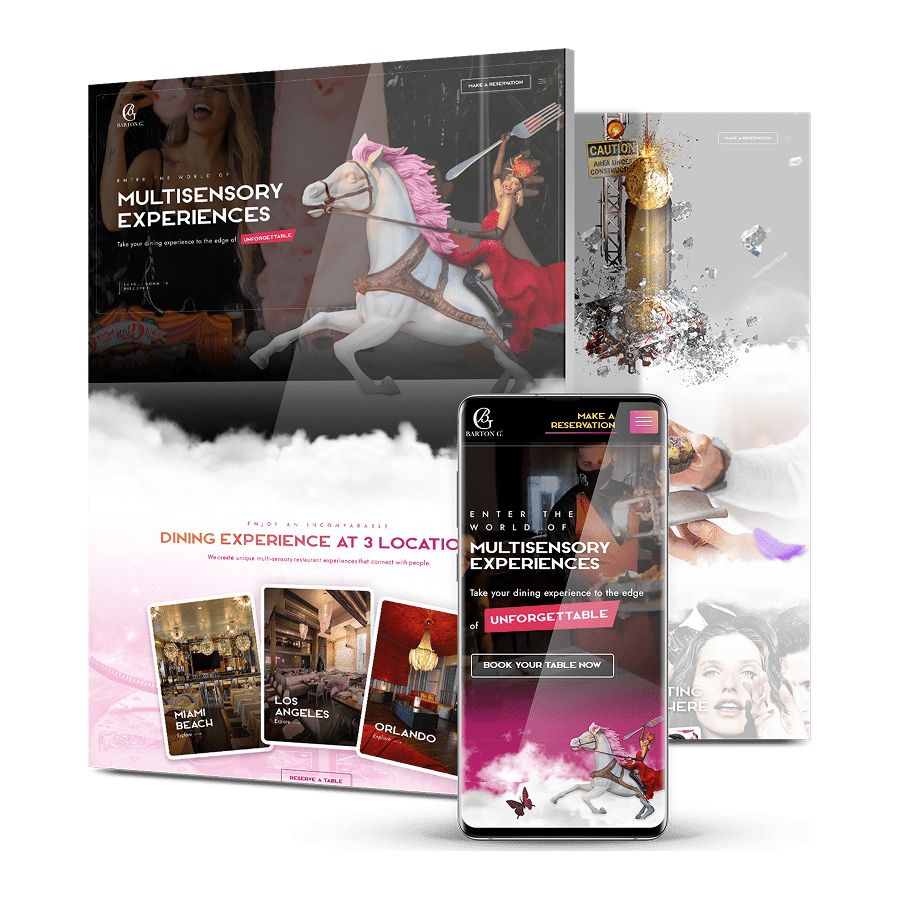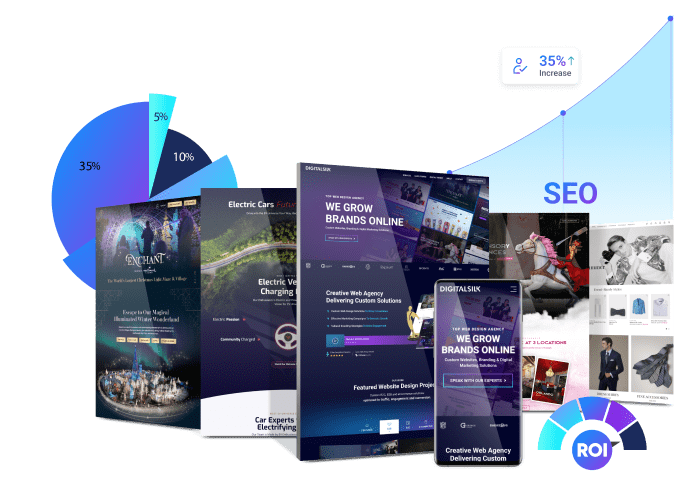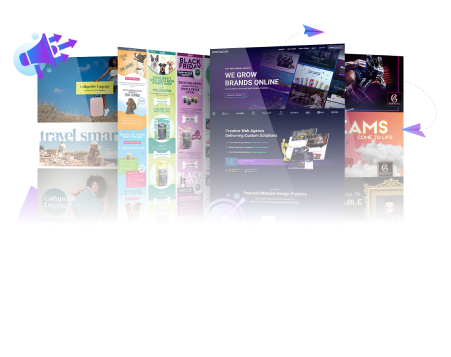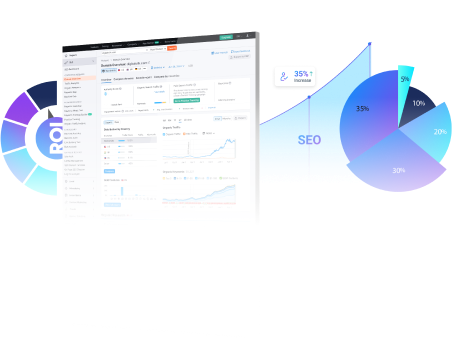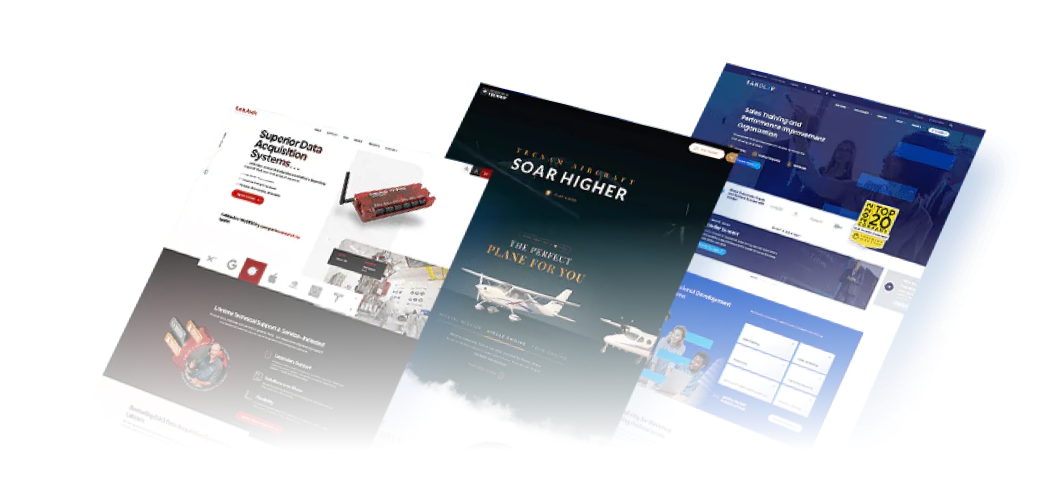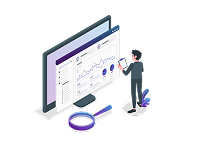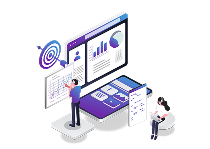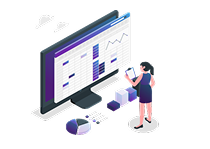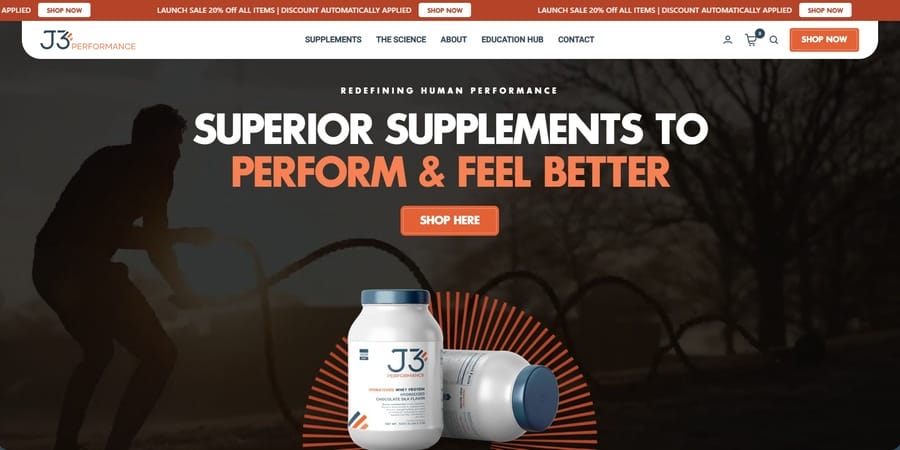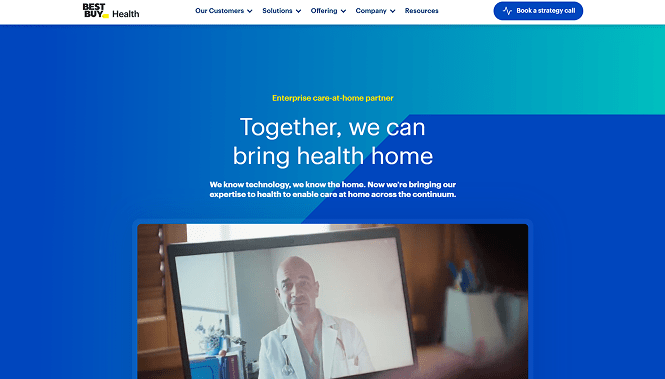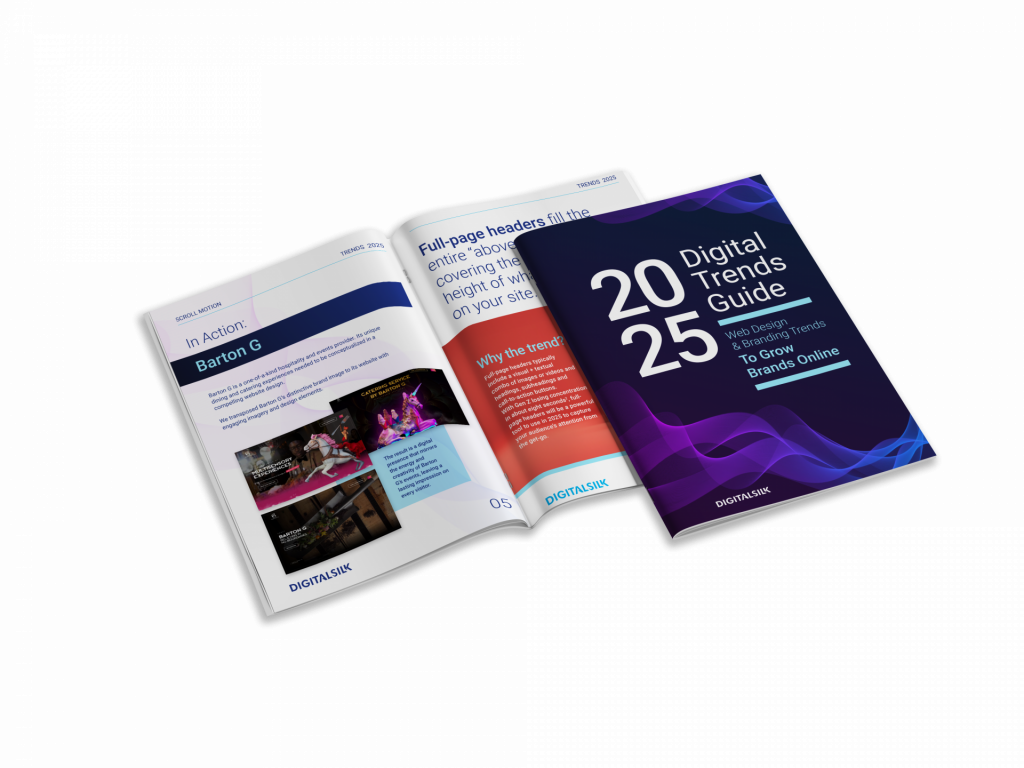Digital Marketing Agency Insights
Finding & Working With The Best Digital Marketing Agency
The right digital marketing agency can transform your online performance. From increasing qualified leads to improving ROI, choosing a strategic partner is key to long-term growth.
When you’re looking for digital marketing services, you need more than just execution.
You need a partner who understands your business, aligns with your KPIs and drives measurable results.
The best agencies act as strategic growth partners, not just service providers.
In this guide, we’ll break down the latest digital marketing best practices, explain how Digital Silk stands out among top performers and list the exact steps to find, vet and work with the best digital marketing agency for your business goals.
6 Digital Marketing Best Practices You Should Know
A digital marketing website performs best when audience insight, actionable data, and disciplined execution work together to connect every initiative to measurable results.
The practices below help leadership teams focus on strategies that drive sustained growth and support smarter investments over time:
1. Understand Your Target Audience
Understanding your target audience means identifying the triggers that shape decisions and the moments that carry the most weight in the buying process.
For leaders looking for digital marketing services, this involves using research and data to map behaviors across channels and stages of the journey.
This insight allows proper budget optimization, ensuring resources are directed toward initiatives that generate higher-value opportunities and helping brands align strategies as market conditions evolve.
2. Implement Personalization Strategies
Personalization shapes how prospects and clients perceive the value of a brand and the relevance of its messaging.
With 89% of companies stating that personalization is invaluable to their business success, tailored experiences have become a standard for driving meaningful growth.
Using data to anticipate needs, refine messaging and time outreach with intention turns generic interactions into ones that feel purposeful.
This approach drives higher-quality engagement, improves conversion efficiency and keeps marketing efforts focused on the opportunities that matter most.
3. Leverage SEO And Content Marketing
SEO and content marketing are at the core of measurable digital growth, with organic search driving 53.3% of all website traffic and outperforming every other channel.
Capturing that opportunity starts with understanding how audiences search, the intent behind their queries and the type of content that builds authority and trust.
The best digital marketing services prioritize the following aspects:
- Keyword research: Identify the terms your audience uses at every stage of their journey to match intent with relevant content.
- High-quality content: Develop material that provides depth and value, optimized to perform well in search while addressing audience needs.
- Content calendar: Plan and schedule topics to maintain consistency and support long-term visibility.
- Content repurposing: Adapt proven assets into new formats, like turning a blog post into a webinar or a video, to extend their impact.
4. Prioritize Voice Search Optimization
90% of consumers say voice functions make it easier to find what they need online and brands need to adapt their strategies to match this behavior.
Optimizing for voice search means shaping content around natural, conversational queries and aligning it with real user intent.
Incorporating long-tail keywords, local SEO and structured data helps a digital marketing website appear in results from assistants like Google Assistant, Alexa or Siri.
This approach connects brands with customers in moments when intent is clear and action is most likely.
5. Integrate Paid And Organic Channels
Paid and organic channels deliver stronger results when you plan and execute them as a single strategy.
A digital marketing provider company can align PPC, SEO, social media and email strategies so each channel supports the others and moves your audience through the funnel more efficiently.
Sharing data across campaigns lets you adjust budgets quickly and refine messaging where it matters most.
Over time, these insights help shape more effective strategies that steadily increase traffic quality, conversion rates and overall returns.
6. Social Commerce And Shoppable Content
Social platforms have become direct sales channels, with social shopping penetration now at 31% globally.
Facebook leads the way, with 24% of social shoppers saying they are most likely to make a purchase there.
Shoppable posts simplify the path from discovery to purchase and create opportunities to drive revenue where your audience already spends time.
Strategies to make shoppable posts effective include:
- Using platform-specific tools: Following each platform’s setup guidelines to create a smooth and reliable purchasing experience
- Prioritizing high-quality visuals: Sharing clear, well-lit images or short videos that show products in context and from multiple angles
- Writing concise, informative descriptions: Including key details like size, materials or unique features to help buyers make quick decisions
- Highlighting social proof: Featuring ratings, reviews or user-generated content to build trust and reduce hesitation
- Testing timing and placement: Analyzing performance to see when and where your audience engages and buys most
- Streamlining checkout: Reducing unnecessary steps in the buying process to lower drop-off rates and increase completed purchases
5 Best Digital Marketing Examples From Digital Silk's Expertise
As a top digital marketing agency, Digital Silk has delivered strategies that turn complex challenges into opportunities for stronger performance and sustained impact.
These examples show how tailored approaches across SEO, paid media and content have helped brands achieve ambitious goals.
1. Ventura Foods
Ventura Foods needed to grow its YouTube channel on a $12K monthly budget while reaching a niche audience of verified foodservice operators.
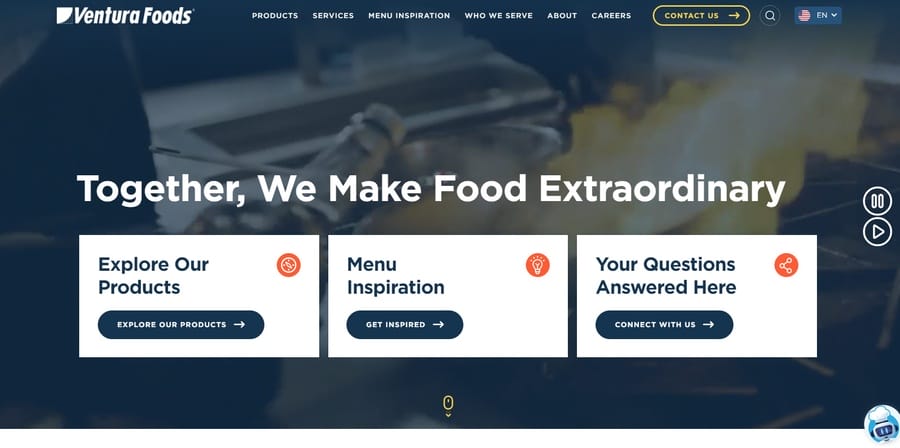
Digital Silk built a precision-targeted strategy with highly focused ad campaigns, audience-matching tactics and a full channel restructure supported by continuous optimization.
The result: subscribers grew from 650 to over 70,000, cost-per-view dropped 46% below benchmark, and monthly views surpassed goals by 80% over six months.
2. Lifestyle
Lifestyle, the Emmy-winning team behind Lifestyle with Roy Ice, wanted to connect with younger, mobile-first viewers but had no TikTok presence and stagnant Instagram performance.
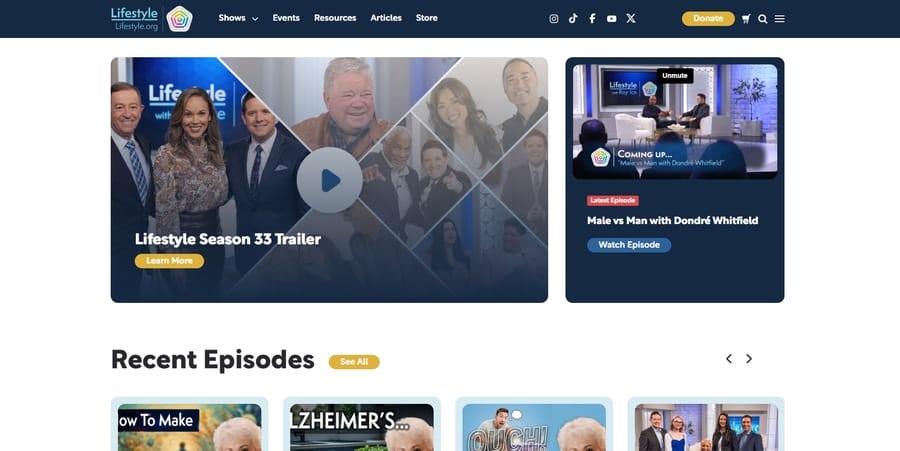
Digital Silk created a platform-native short-form video strategy, transforming archived long-form episodes into branded Reels and TikToks while adding trend-driven storytelling and behind-the-scenes content.
The result: the channel earned over 1.2M video views, gained 21K TikTok followers and lifted Instagram engagement to 4.2%.
3. AGS Devices
AGS Devices needed to shift from offline sales to a scalable digital strategy that could generate qualified leads and build visibility in a competitive B2B market.
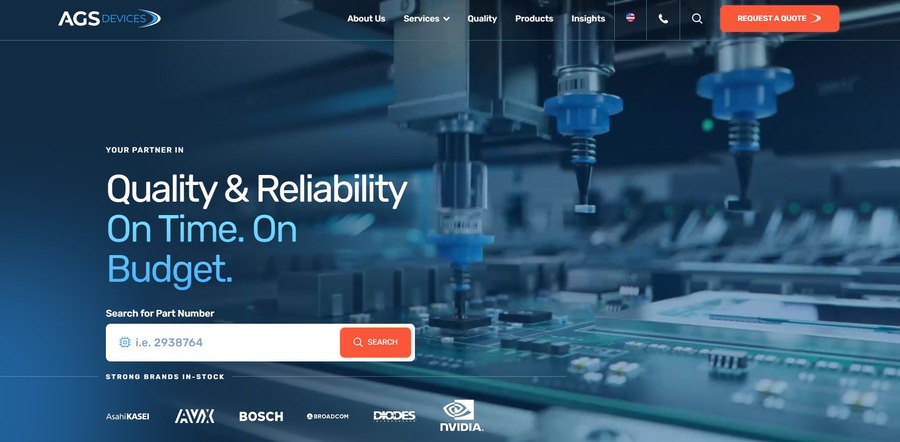
Digital Silk launched a multi-channel campaign combining SEO, LinkedIn Ads and content marketing to reach decision-makers and establish trust in key industries.
The result: organic traffic grew by 80%, LinkedIn cost-per-lead dropped by 48%, and account reach expanded by over 3,800% in just a few weeks.
4. Urbanna Landscaping
Urbanna Landscaping needed a digital strategy that could generate qualified leads and increase revenue in the competitive Santa Fe market.
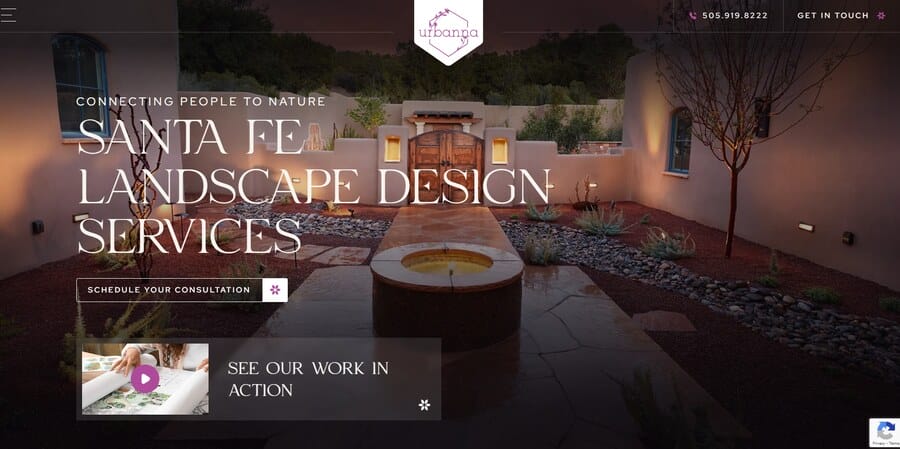
Our experts supported geo-targeted Google and Meta campaigns that promoted high-value services like landscape design and xeriscaping while eliminating wasted spend on low-performing audiences.
The result: Urbanna generated over 300 qualified leads, doubled the average client value and increased total sales by 66% in just a few months.
5. Laser By Aleya
Laser By Aleya needed to build stronger local visibility and generate a steady flow of qualified leads in the New York market.
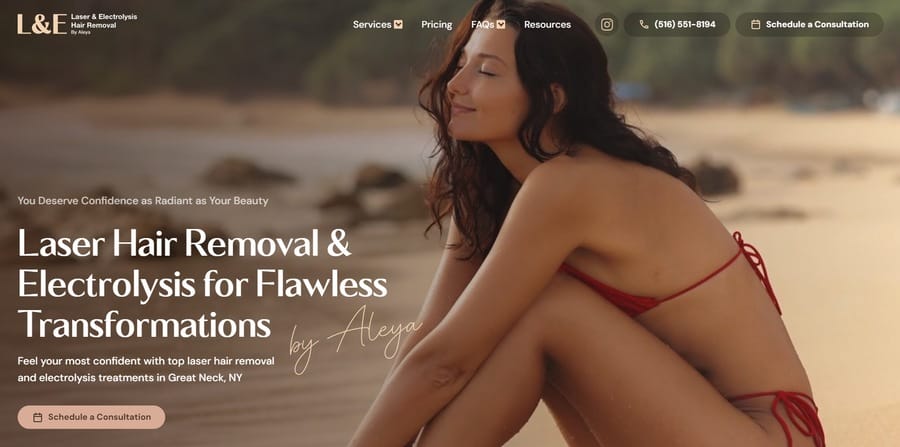
Digital Silk introduced a dual strategy, combining performance-focused Meta Ads with a refined SEO plan centered on high-intent local keywords and improved content structure.
The result: organic sessions grew by 70%, cost-per-lead dropped by 27%, and the site earned top 20 rankings for more than 260 keywords.
How To Find The Best Digital Marketing Agency
The selection process starts long before the first discovery call.
Follow these 9 proven steps to ensure you choose an agency that delivers measurable, sustainable impact.
Step 1: Clarify Your Marketing Goals & KPIs
Start by identifying what success looks like.
Are you aiming for more qualified leads, lower CPA, greater brand awareness or multi-channel alignment?
Define Your Primary Objectives: Start by identifying what you want to achieve through digital marketing. Common goals include increasing brand awareness, generating qualified leads, driving online sales, improving customer retention or expanding into new markets. Be specific about your targets — instead of "increase website traffic," aim for "increase organic website traffic by 40% within six months".
Establish Key Performance Indicators (KPIs): Determine which metrics will measure success for your campaigns. These might include conversion rates, cost per acquisition (CPA), return on ad spend (ROAS), monthly recurring revenue (MRR), Marketing Qualified Lead (MQL) to Sales Qualified Lead (SQL), Customer Lifetime Value (CLTV), pipeline velocity or bounce rate. Having clear KPIs from the start helps agencies understand how their performance will be evaluated.
Set Realistic Timelines: Digital marketing results don't happen overnight. SEO campaigns typically take three to six months to show significant results, while PPC campaigns can generate immediate traffic but require ongoing optimization. Understanding these timelines helps set appropriate expectations and allows agencies to propose realistic strategies.
Step 2: Audit Current Channels, Data & Tech Stack
Understanding your current digital marketing environment is essential before bringing in external expertise. This audit provides agencies with the information they need to develop effective strategies and helps you identify gaps in your current approach.
Analyze Existing Marketing Channels: Review the performance of your current digital marketing efforts across all channels, including SEO, social media, email marketing, paid advertising and content marketing. Document what's working well and what's underperforming, as this information will be valuable for potential agency partners.
Evaluate Your Data Infrastructure: Assess your current analytics setup, including Google Analytics (GA4), server-side tracking, Customer Relationship Management (CRM), social media insights, email marketing metrics and any other tracking tools you use. Ensure that your data collection is accurate and comprehensive, as agencies will rely on this information to make strategic decisions.
Review Your Technology Stack: Document all the marketing tools and platforms you currently use, including CRM and Content Management Systems (CMS), Customer Data Platforms (CDPs), email marketing platforms, social media management tools and automation software. This information helps agencies understand what they'll be working with and whether any integrations or migrations might be necessary.
Step 3: Define Service Scope, Budget & Timeline
Clear parameters around scope, budget and timeline help both you and potential agency partners understand whether there's a good fit for collaboration.
Determine Service Requirements: Decide which digital marketing services you need, whether it's a full-service approach covering all channels or specialized expertise in specific areas like SEO, PPC or social media marketing. Consider whether you need ongoing management, project-based work or strategic consulting.
Establish a Realistic Budget: Research industry benchmarks for digital marketing spend in your sector. Generally, businesses allocate 6-10% of their revenue to marketing, with a significant portion dedicated to digital channels. Be prepared to discuss both monthly retainer fees and performance-based compensation models.
Set Project Timelines: Consider both short-term and long-term objectives. While some campaigns can launch quickly, comprehensive digital marketing strategies often require two to three months for full implementation. Factor in time for strategy development, creative production, campaign setup and optimization phases.
Step 4: Research And Evaluate Potential Partners
Once you've clarified your requirements, begin your search using multiple channels to identify potential agency partners and narrow down your options to a manageable shortlist of three to five candidates.
Leverage Professional Directories: Start with reputable industry directories like DesignRush, Clutch, Google Partners, Facebook Business Partners and HubSpot's Agency Directory. These platforms provide verified reviews, case studies and detailed agency profiles that help you assess capabilities and client satisfaction.
Seek Referrals and Recommendations: Ask your professional network, including other business owners, industry peers and existing service providers, for agency recommendations. Personal referrals often provide valuable insights into an agency's working style, communication approach and results delivery.
Research Industry Awards and Recognition: Look for agencies that have received recognition from respected industry organizations like Forbes, the American Marketing Association, Search Engine Land Awards or Webby Awards. While awards don't guarantee success, they often indicate innovation and excellence in specific areas.
Evaluate Agency Websites and Portfolios: Review each agency's website to understand their service offerings, case studies and company culture. Pay attention to how they present their own brand – agencies that can't effectively market themselves may struggle with your marketing needs.
Assess Team Expertise and Certifications: Review the qualifications and experience of key team members who would work on your account. Look for relevant certifications from Google, Forbes, HubSpot and other major platforms, as well as experience in your industry vertical.
Step 5: Issue An RFP / Share Your Brief
Create a comprehensive Request for Proposal (RFP) that provides potential agency partners with all the information they need to propose effective solutions.
Develop a Detailed Brief: Include your company background, target audience, current marketing challenges, goals and objectives, budget parameters, timeline requirements and evaluation criteria. The more information you provide, the better agencies can tailor their proposals to your needs.
Request Specific Deliverables: Ask for detailed strategy outlines, proposed tactics, timeline estimates, team structures and expected results. Request examples of how they would approach your specific challenges and what tools or methodologies they would use.
Set Clear Submission Guidelines: Provide specific instructions for proposal format, submission deadlines, and contact information for questions. This helps ensure you receive comparable proposals that are easy to evaluate.
Step 6: Hold Discovery Calls & Evaluate Expertise
Schedule in-depth conversations with your shortlisted agencies to assess both their capabilities and cultural fit.
Conduct Strategic Discovery Sessions: Use these calls to dive deeper into their proposed strategies, understand their thinking process and assess their knowledge of your industry. Ask specific questions about how they would handle your unique challenges and what makes their approach different from competitors.
Evaluate Communication and Cultural Fit: Pay attention to how well they listen to your needs, ask thoughtful questions and communicate their ideas clearly. Consider whether their working style, values and communication approach align with your company culture.
Meet the Actual Team: Ensure you meet the people who would actually work on your account, not just the sales team. This helps you assess whether you'll have good working relationships with the day-to-day contacts.
Assess Strategic Thinking: Look for agencies that provide well-reasoned strategies based on data and industry best practices rather than generic approaches. They should be able to explain why they recommend specific tactics and how they align with your goals.
Evaluate Channel-Specific Expertise: If you need specialized services like technical SEO, advanced PPC management or marketing automation, ensure the agency has demonstrated expertise in these areas. Ask for specific examples and results from similar projects.
Review Performance Forecasts: While no agency can guarantee specific results, they should be able to provide realistic projections based on industry benchmarks and their experience with similar clients. Be wary of agencies that promise unrealistic outcomes or guarantee specific rankings or traffic numbers.
Step 7: Compare Pricing Models, Contracts & Culture Fit
Evaluate the business terms and working relationships offered by each agency.
Understand Pricing Structures: Digital marketing agencies typically use monthly retainers, project-based fees, percentage of ad spend or performance-based pricing. Each model has advantages and disadvantages, so choose one that aligns with your budget and risk tolerance.
Review Contract Terms: Pay attention to contract length, termination clauses, intellectual property ownership and reporting requirements. Look for flexibility in contract terms that allow for adjustments as your needs evolve.
Assess Cultural Alignment: Consider factors like company size, working style, communication preferences and values alignment. The best results often come from partnerships where both teams work well together and share similar approaches to problem-solving.
Step 8: Check Case Studies, References & Proof Of ROI
Verify the agency's track record through thorough reference checks and result validation.
Contact Previous and Current Clients: Speak directly with the agency's references to understand their experience, the results achieved and any challenges encountered. Ask specific questions about communication, meeting deadlines and the agency's ability to adapt to changing needs.
Analyze Detailed Case Studies: Request in-depth case studies that show not just the final results but the strategic thinking, implementation process and challenges overcome. Look for cases that demonstrate the agency's ability to drive meaningful business outcomes, not just vanity metrics.
Verify ROI Claims: Ask for specific examples of how the agency has delivered return on investment for similar clients. Request detailed breakdowns of costs versus results and understand the methodology used to calculate ROI.
Step 9: Make Your Decision & Plan Onboarding
After completing your evaluation, make your final decision and plan for a successful partnership launch.
Document Your Decision Criteria: Create a scoring matrix that weighs factors like strategic fit, expertise, cultural alignment, pricing and references. This objective approach helps ensure you make the best decision for your business needs.
Negotiate Final Terms: Once you've selected your preferred agency, work together to finalize contract terms, establish communication protocols and set expectations for the working relationship. Ensure both parties are clear on deliverables, timelines and success metrics.
Plan a Comprehensive Onboarding Process: Develop a detailed onboarding plan that includes knowledge transfer, access to necessary tools and platforms, introduction to key stakeholders and establishment of regular reporting and communication schedules. A well-planned onboarding process sets the foundation for long-term success.
Why Digital Silk Is The Best Digital Marketing Agency For Your Business
Digital Silk stands out as a premier digital marketing agency that combines strategic thinking, creative excellence and measurable results to drive business growth for clients across industries.
Our comprehensive approach to digital marketing goes beyond traditional agency services to deliver integrated solutions that align with your business objectives and market realities.
Proven Track Record of Delivering Results: Digital Silk has consistently delivered exceptional results for clients across various industries, from B2B technology companies to luxury hospitality brands. Our case studies demonstrate significant improvements in key metrics like organic traffic growth of over 460%, conversion rate increases of 350% and substantial improvements in lead quality and sales pipeline development.
Full-Service Digital Marketing Expertise: As a comprehensive digital marketing agency, Digital Silk offers integrated services across all major digital channels, including search engine optimization (SEO), pay-per-click advertising (PPC), social media marketing, email marketing, content marketing and marketing automation. This full-service approach ensures consistent messaging and optimized performance across all touchpoints in your customer journey.
Data-Driven Strategic Approach: Our marketing strategies are built on solid data foundations, incorporating thorough market research, competitive analysis and user behavior insights. We continuously monitor campaign performance and make data-driven optimizations to maximize return on investment and achieve your specific business goals.
Award-Winning Creative and Technical Excellence: Digital Silk's award-winning team combines creative brilliance with technical expertise to deliver campaigns that not only engage audiences but also drive measurable business results. Our integrated approach to design, development and marketing ensures that every element works together to create compelling brand experiences.
Transparent Communication and Partnership Approach: We believe in building true partnerships with our clients through transparent communication, regular reporting and collaborative strategic planning. Our clients have direct access to their dedicated account teams and receive detailed insights into campaign performance, strategic recommendations and optimization opportunities.
Industry-Specific Expertise: Digital Silk has deep experience across multiple industries, including technology, healthcare, finance, e-commerce and professional services. This sector-specific knowledge allows us to develop more effective strategies that resonate with your target audience and navigate industry-specific challenges and opportunities.
Scalable Solutions for Growing Businesses: Whether you're a startup looking to establish your digital presence or an enterprise seeking to optimize existing marketing efforts, Digital Silk provides scalable solutions that grow with your business. Our flexible approach allows us to adjust strategies and tactics as your needs evolve and your business expands.
Comprehensive Reporting and ROI Focus: Digital Silk provides detailed reporting and analytics that go beyond vanity metrics to focus on business impact and return on investment. Our clients receive regular insights into campaign performance, strategic recommendations and clear connections between marketing activities and business outcomes.
We follow a trio of key values and differentiators here at Digital Silk to ensure we deliver measurable results:
- Project ownership
- Transparency
- Dedicated digital strategists
Contact our team or fill in our Request a Quote form and you can receive a free, custom quote and consultation for your next project.

















